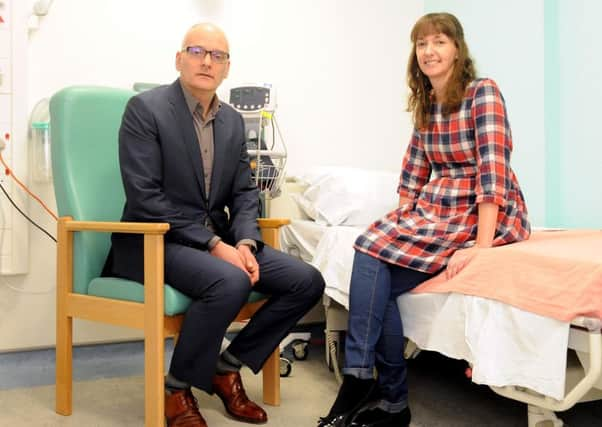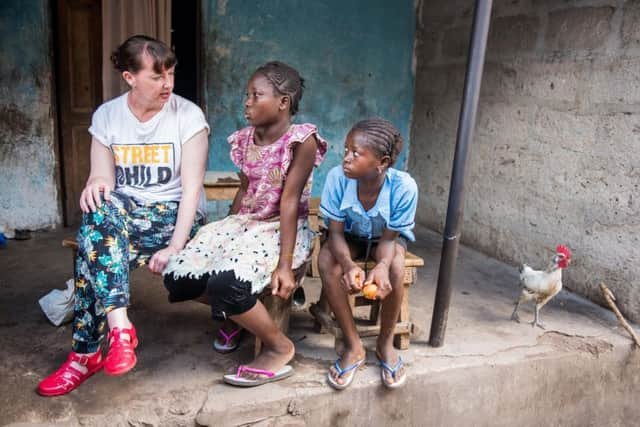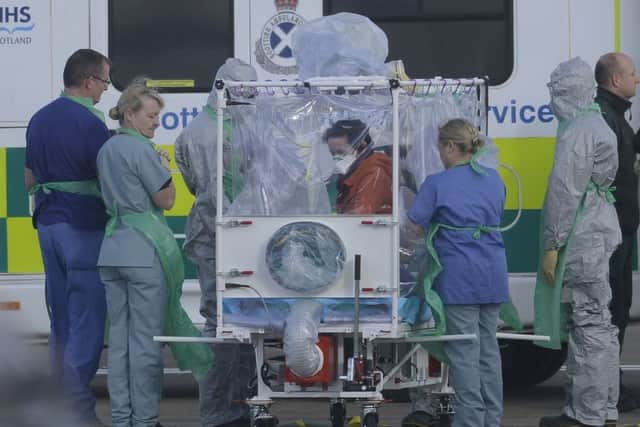NHS at 70: Ebola nurse Pauline Cafferkey thanks NHS staff who saved her life


The 42-year-old caught the disease after a stint volunteering as an aid worker in Sierra Leone, where around 4,000 people died from the illness. She describes herself as “happy to be alive” in a letter to NHS staff – she is still working as a nurse today.
Dear NHS
On a daily basis when I smile with the thought that I am happy to be alive, that is all thanks to you. Now being on the other side as an NHS nurse (much better than being the patient) I am fully aware of all the ongoing issues with staffing, funding and so on. But after 70 years it’s time to be proud and celebrate.


Advertisement
Hide AdAdvertisement
Hide AdHaving been fortunate to witness healthcare systems around the world, I may be a bit more qualified in saying that the NHS is one of the best. Everyone has their own story of their experience with the NHS, though mine is a little different in that I was just one of three people in the UK treated for a nasty virus, Ebola. In addition, I was the only person in the world to have that virus hide in my body and relapse with it months later – so I was not the average patient. Much of what was involved in my treatment was unchartered territory for the staff, with such things as experimental therapies where they didn’t know if the treatments would cure or kill me.
The list of NHS staff involved in my care was extensive from the minute I was collected by the paramedics in big white suits through to the nurse discharging me from hospital. It would be aptly described as a military operation at some points, where people may have been of the opinion I was collecting air miles with the RAF. This involved having three flights in one of the service’s planes in order to get transferred to London.


Having worked in the NHS as a nurse on and off for years I was astounded by the care provided. There are too many names to mention and all would say they were just doing their job. Afterwards I found out many were putting their lives on hold and working round the clock in order to save my life. They certainly went above and beyond the call of duty, reflecting the special people working in the NHS.
After 70 years, things like the groundbreaking treatment and exceptional care I received should be shouted from the rooftops. I for one am proud to be part of the NHS and am more proud to have witnessed first hand (albeit in unusual circumstances) the special people working hard within it.
I think I can speak for many, although this somehow doesn’t seem enough but – THANK YOU.
